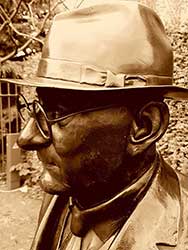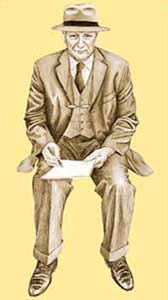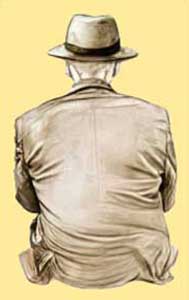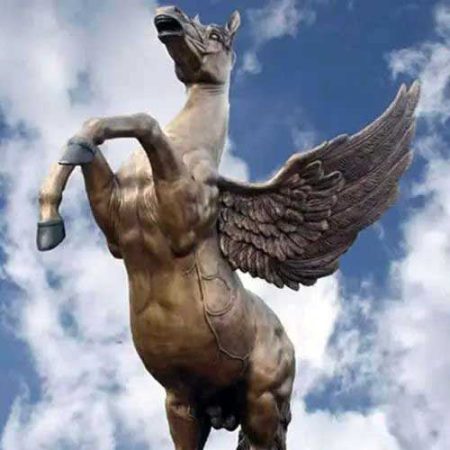
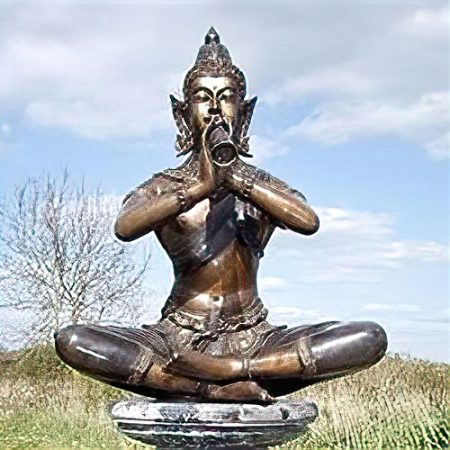


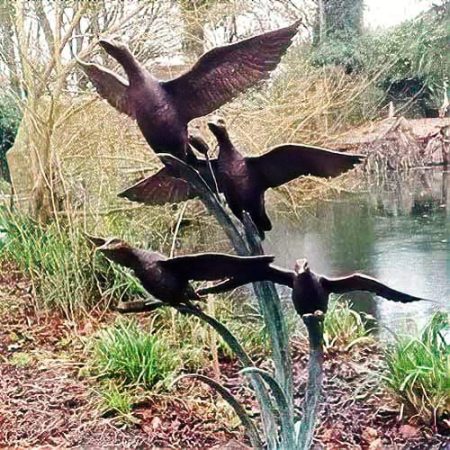
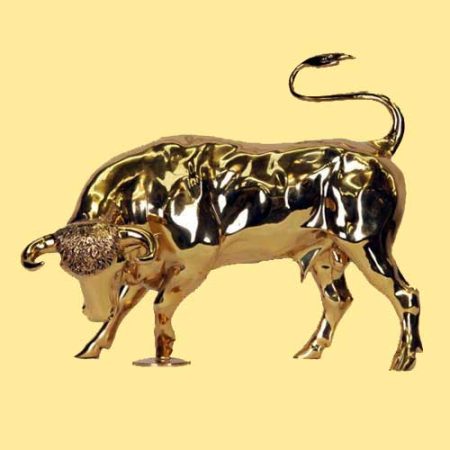
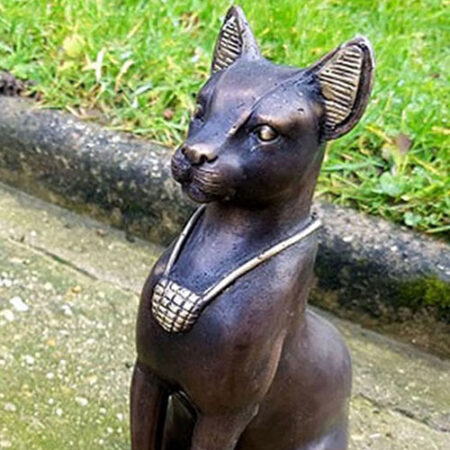
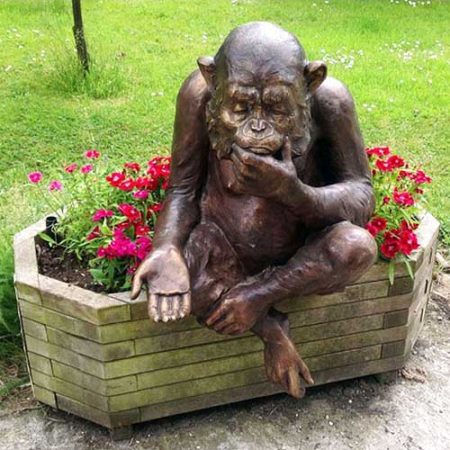
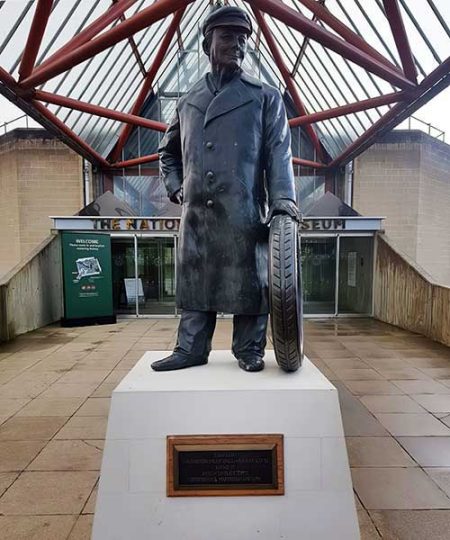
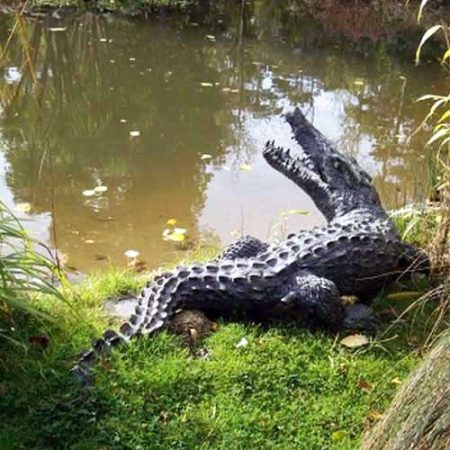




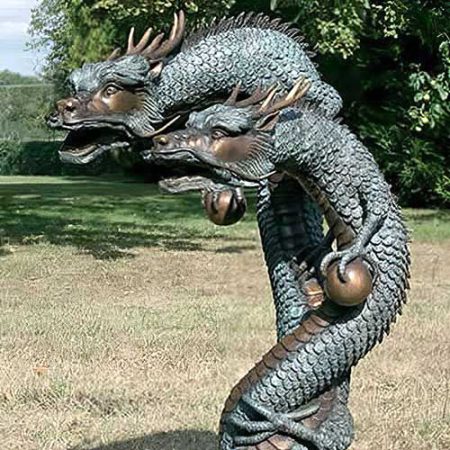
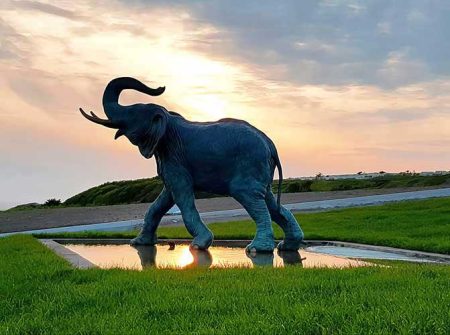
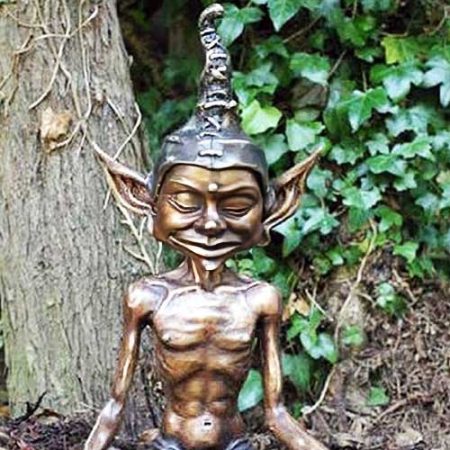
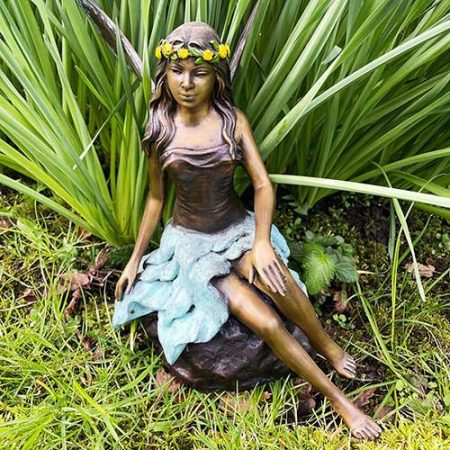
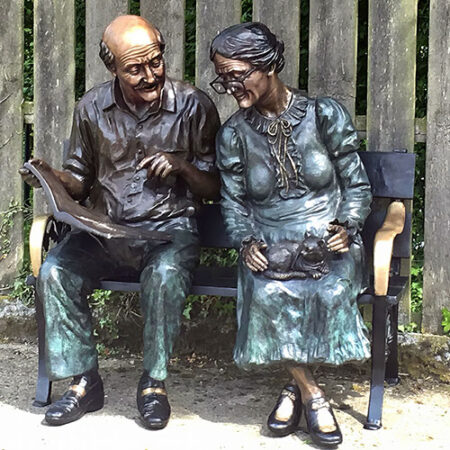

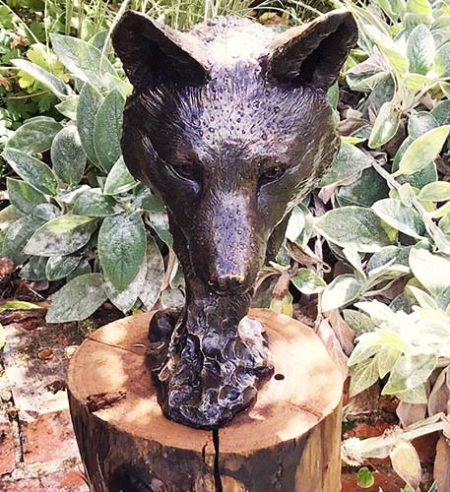

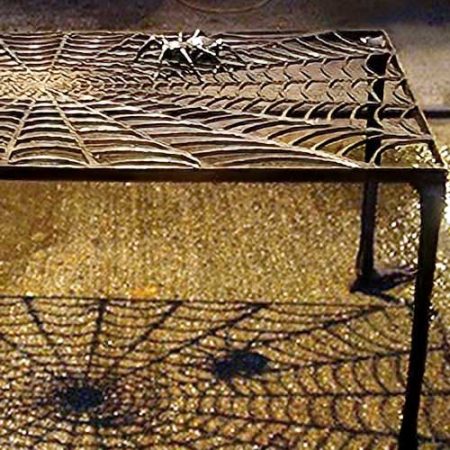
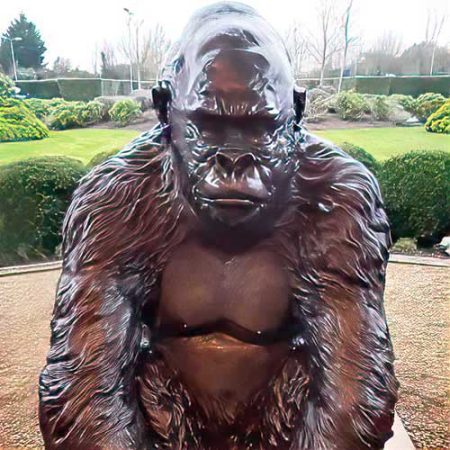
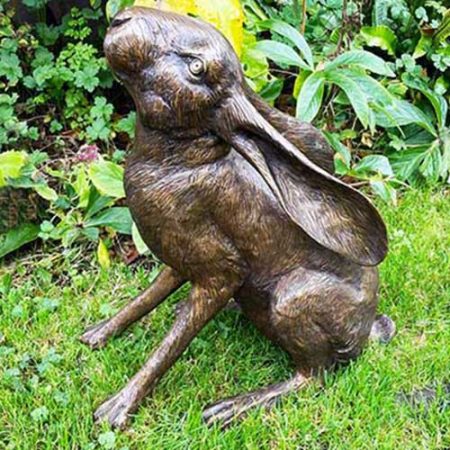
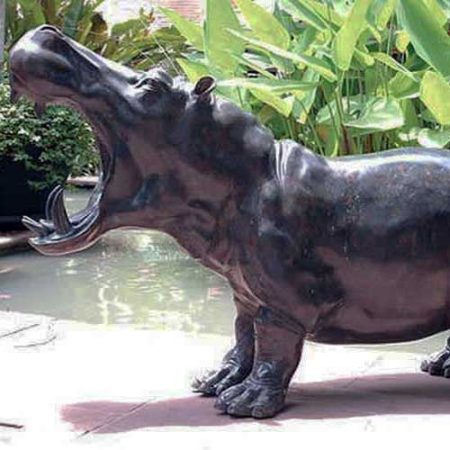
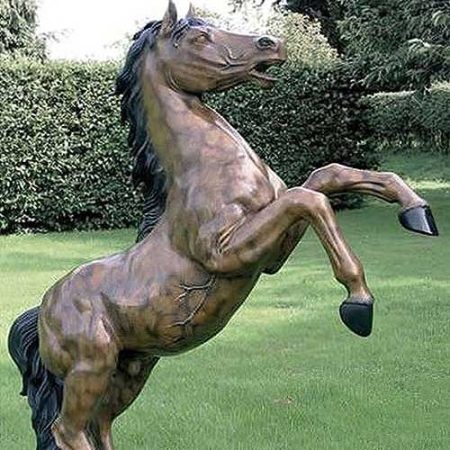
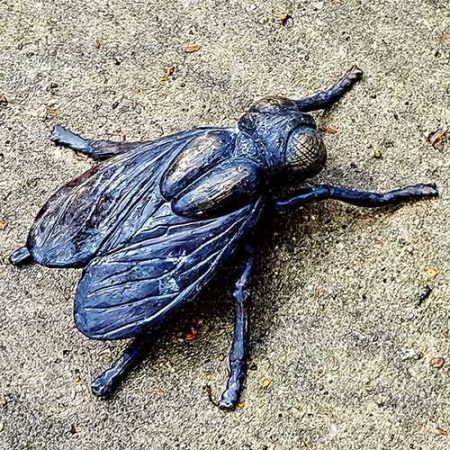

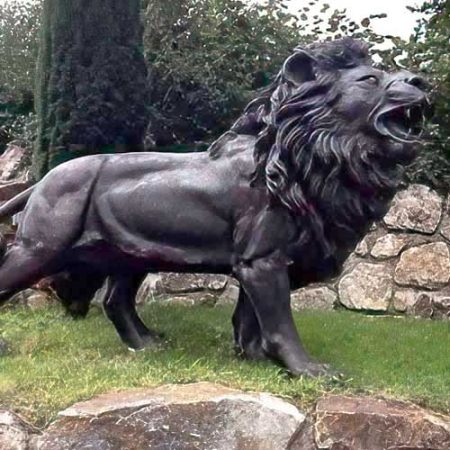

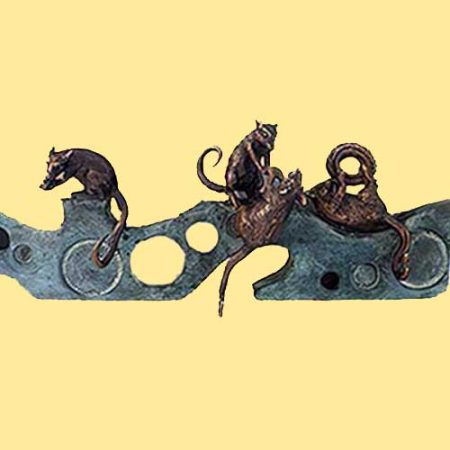
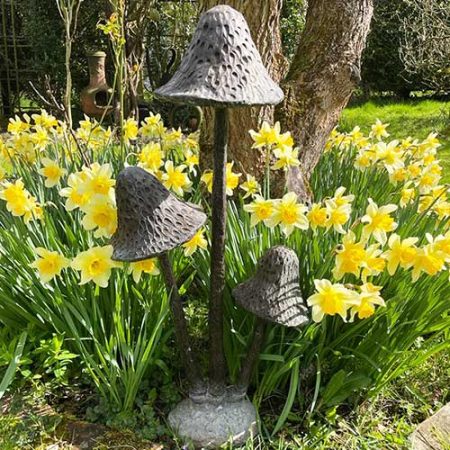

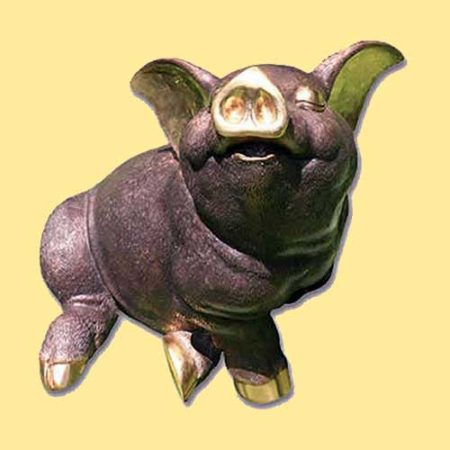
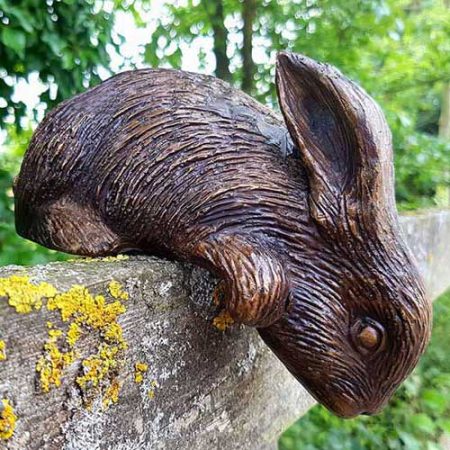

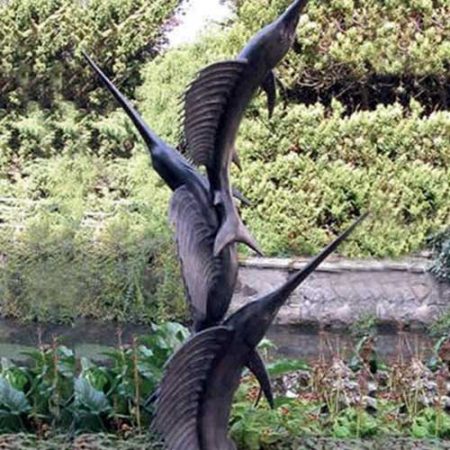

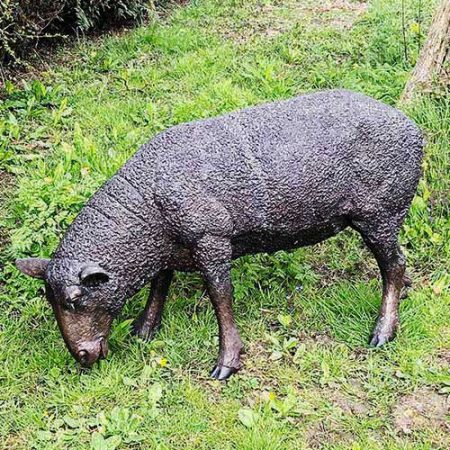
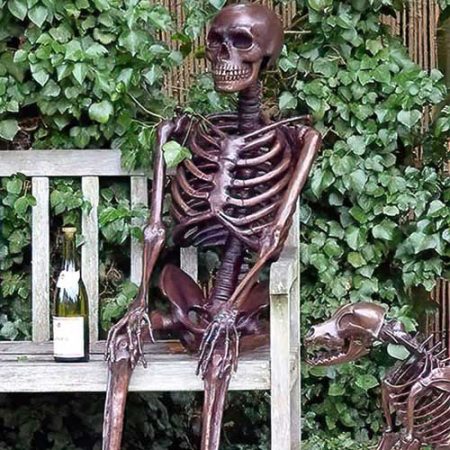
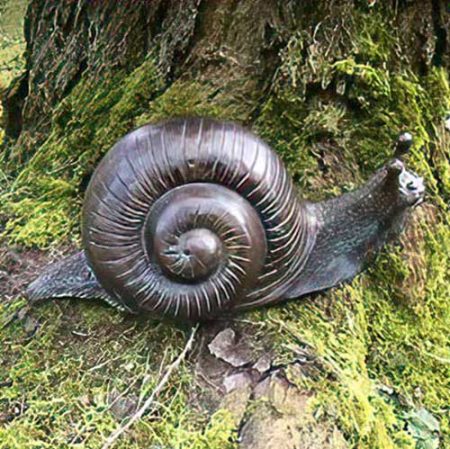
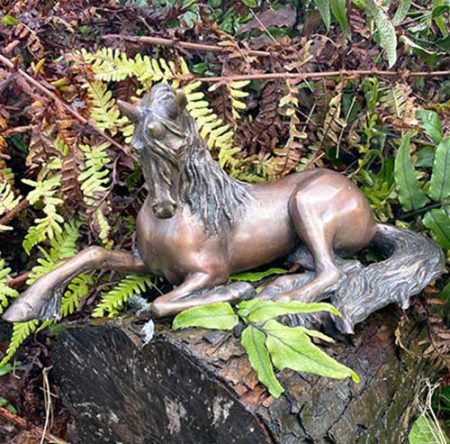
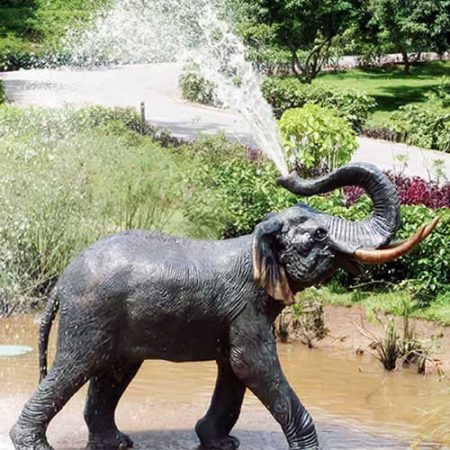
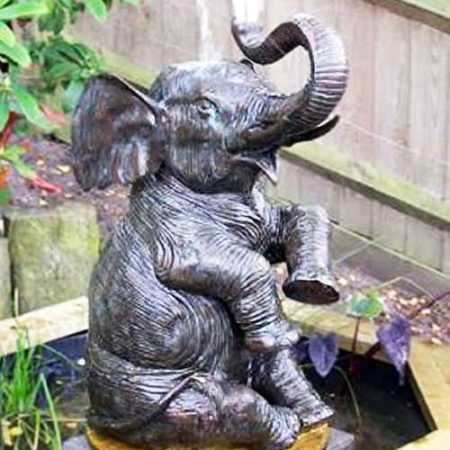
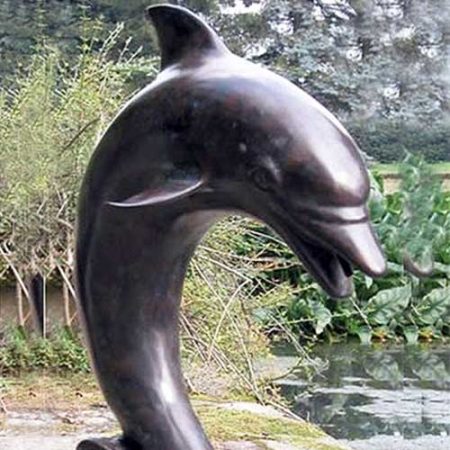
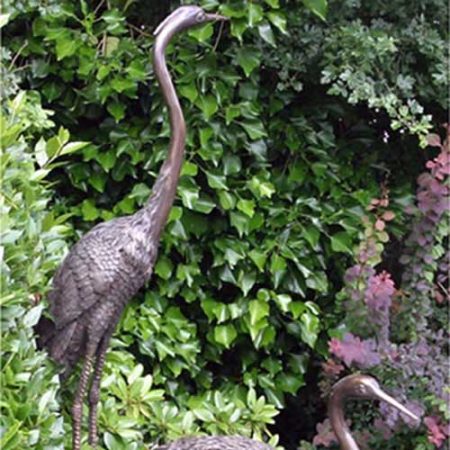
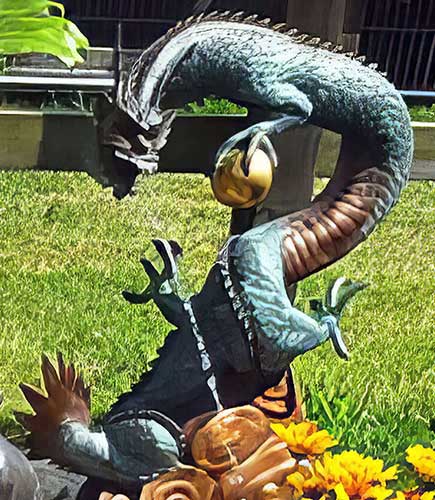
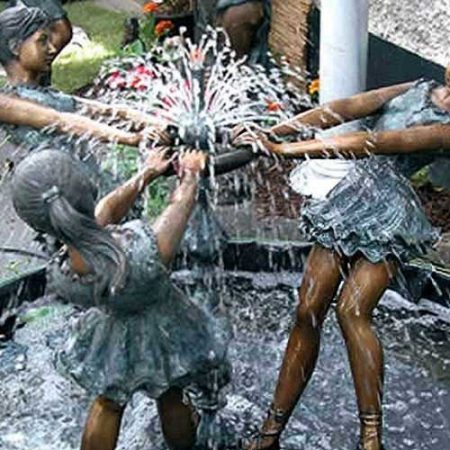
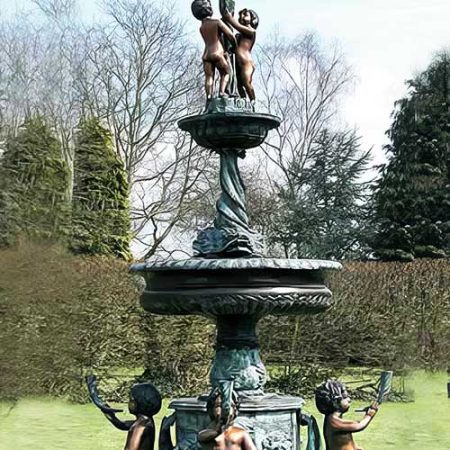
This sculpture of the renowned artist L.S. Lowry, seated on a Bench, was the first of six commissioned bronze statues produced by Escar UK Bronze for the Greater Manchester Council of Tameside, in the North of England
Lowry, who was world-famous for painting matchstick figures in industrial landscapes, lived in Mottram-in-Longdendale for nearly 30 years
This finely detailed bronze sculpture of Lowry is sited on a busy crossroads opposite the Post Office, just a few hundred yards from the now listed property known as The Elms, where he lived and painted for the last 28 years of his life
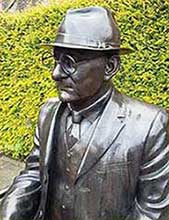
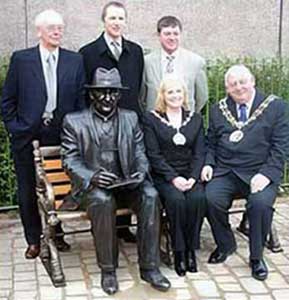
The life-size bronze of L. S. Lowry was unveiled in January 2005 and depicts him seated on a bench, sketching the Mottram Crown Pole
This is where he could be always be found, ever available and ever willing to talk to friends, acquaintances, writers, dealers, aspiring artists, and even critics, in fact, anyone and everyone who fancied stopping by for a chat
Not only did Lowry seem to enjoy these interruptions but he also realised the value of ‘Good Press’
At the unveiling, Tameside Council leader Roy Oldham, who knew Lowry well said, ‘It is absolutely first class, he was part of the village and this is so fitting. It is important that we not only recognise but celebrate our heritage and this is one way of bringing it to the fore’
Laurence Stephen Lowry, born on November 1st 1887 in Stretford, Manchester, later in life became best known for his atmospheric industrial and urban landscapes
As a boy he enjoyed drawing but it was not until he started work as a clerk that he found himself able to afford lessons and the result of his early efforts revealed him to be a highly accomplished and academic draughtsman
Ironically this was a far cry from the stylised figures he painted in later years and from which he became one of the most popular British artists of the twentieth century
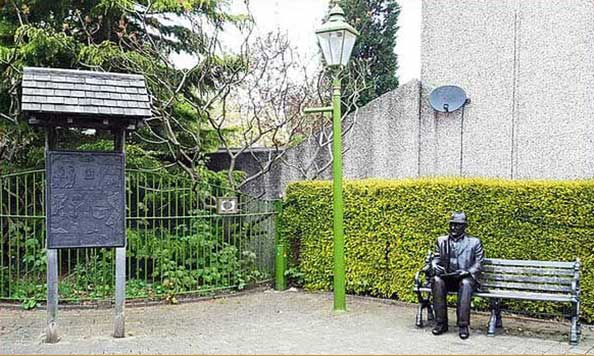
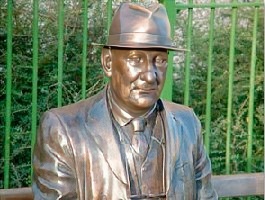
Working as a rent collector for the Pall Mall Property Company, Lowry got to know the poorer districts of Manchester which gave him a wealth of ideas for his paintings
Visiting tenants in the terraced streets, especially the poorer areas around Oldham Road, brought him into contact with the residents and the mills and their workers, all of which provided the rich subject matter for his most famous works
But it was not until the 1930s that Lowry achieved any kind of commercial success, although wider recognition was soon to follow
In 1943 he was invited to become an official War Artist and in 1948 Lowry moved from the house he had lived in at Pendlebury with his parents, to The Elms in Mottram-in-Longdendale
In 1952 on his 65th birthday he retired from the Pall Mall Company and in 1953, he was appointed Official Artist at the Coronation of Queen Elizabeth II
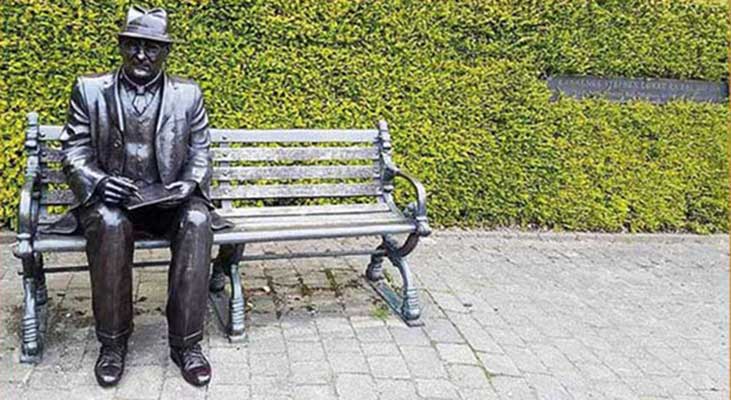
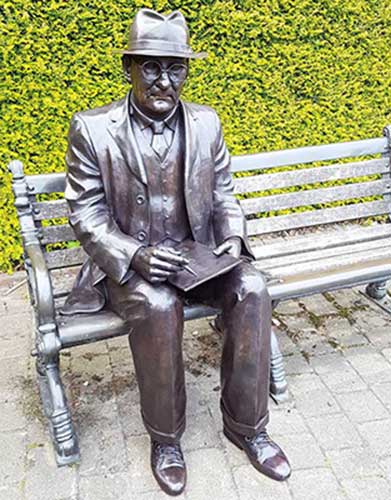
At this point, he was now becoming a celebrity with regular coverage of his activities and several honours and a series of films followed
In April 1955 he was elected as an Associated Member of the Royal Academy of Arts and 1962 in his 74th year, he became a full Royal Academician
Also in 1962, having reached 75, he was awarded two honorary Doctor of Letters degrees by both Salford and Liverpool Universities and also given the Freedom of the City of Salford
Amongst others, he also turned down a knighthood in 1968 and Orders of the Companions of Honour in both 1972 and 1976, making him the record holder of the most British honours ever declined
He also declined an OBE and a CBE saying, “there was little point now his mother was no longer alive”
Sadly at the age of 86 following a stroke at his home, L. S. Lowry succumbed to pneumonia and passed away in Woods Hospital, Glossop, on the 23rd of February, 1976
